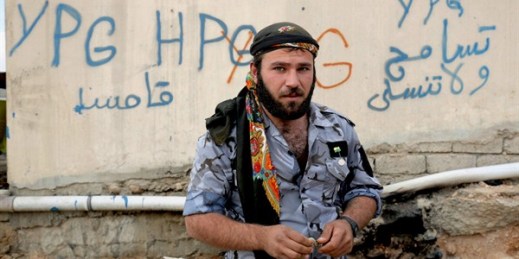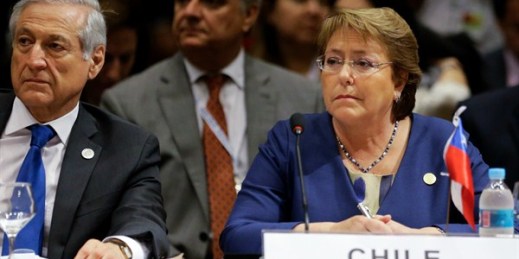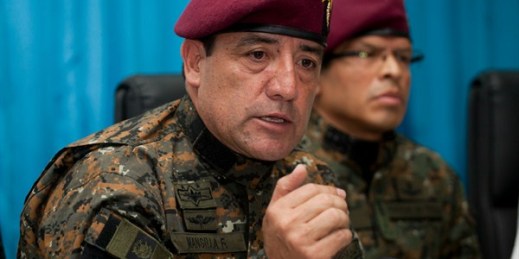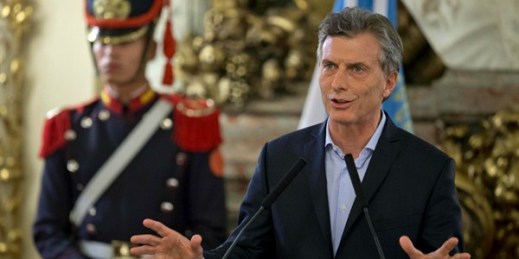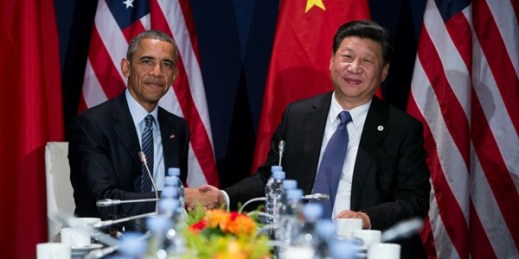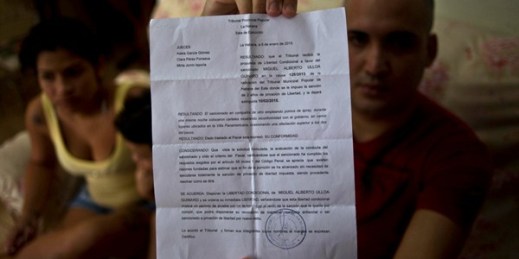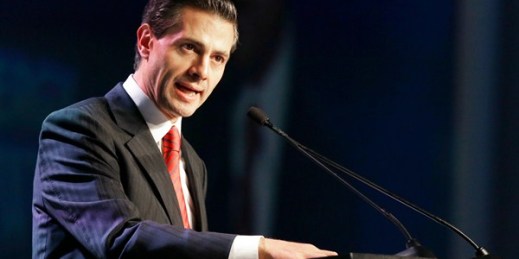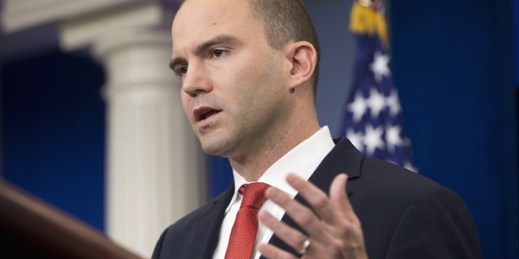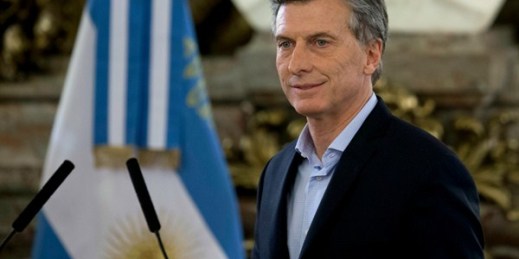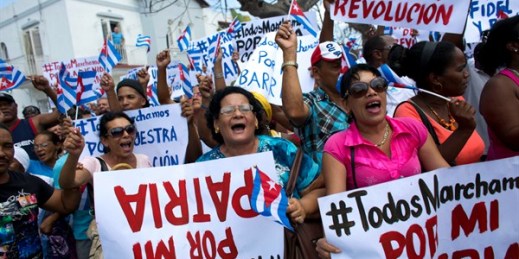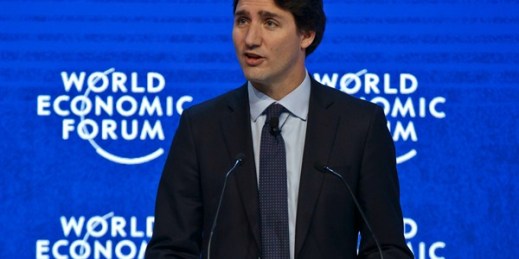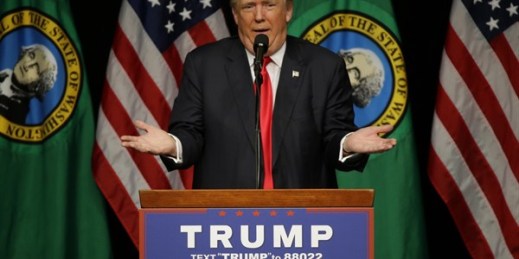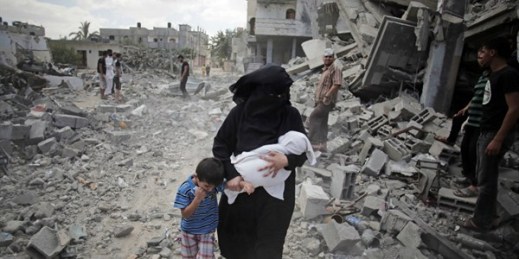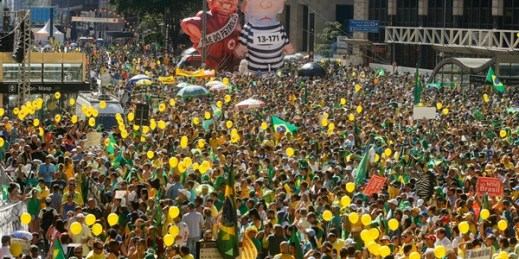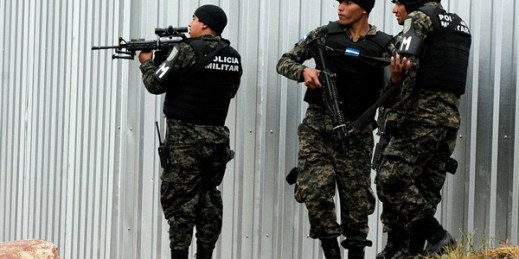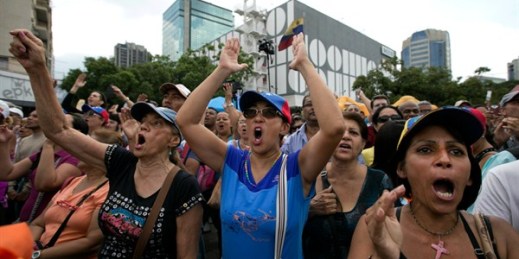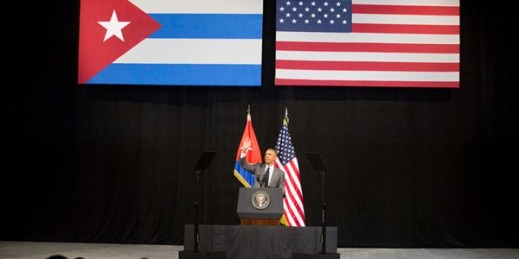
One of U.S. President Barack Obama’s most significant measures to promote commerce with Cuba isn’t working. Last March, a few days before the president’s trip to Havana, Washington announced a new package of regulatory reforms loosening the U.S. embargo—the fourth since December 2014. One element of that package licensed U.S. financial institutions to process international transactions between Cuba and non-U.S. parties, so-called “u-turn” transactions. Because most dollar-denominated transactions are cleared through U.S. banks, the ban on these transactions severely hampered Cuban trade. In fact, lifting that prohibition was at the top of Cuba’s agenda last February when Cuban Minister of […]

